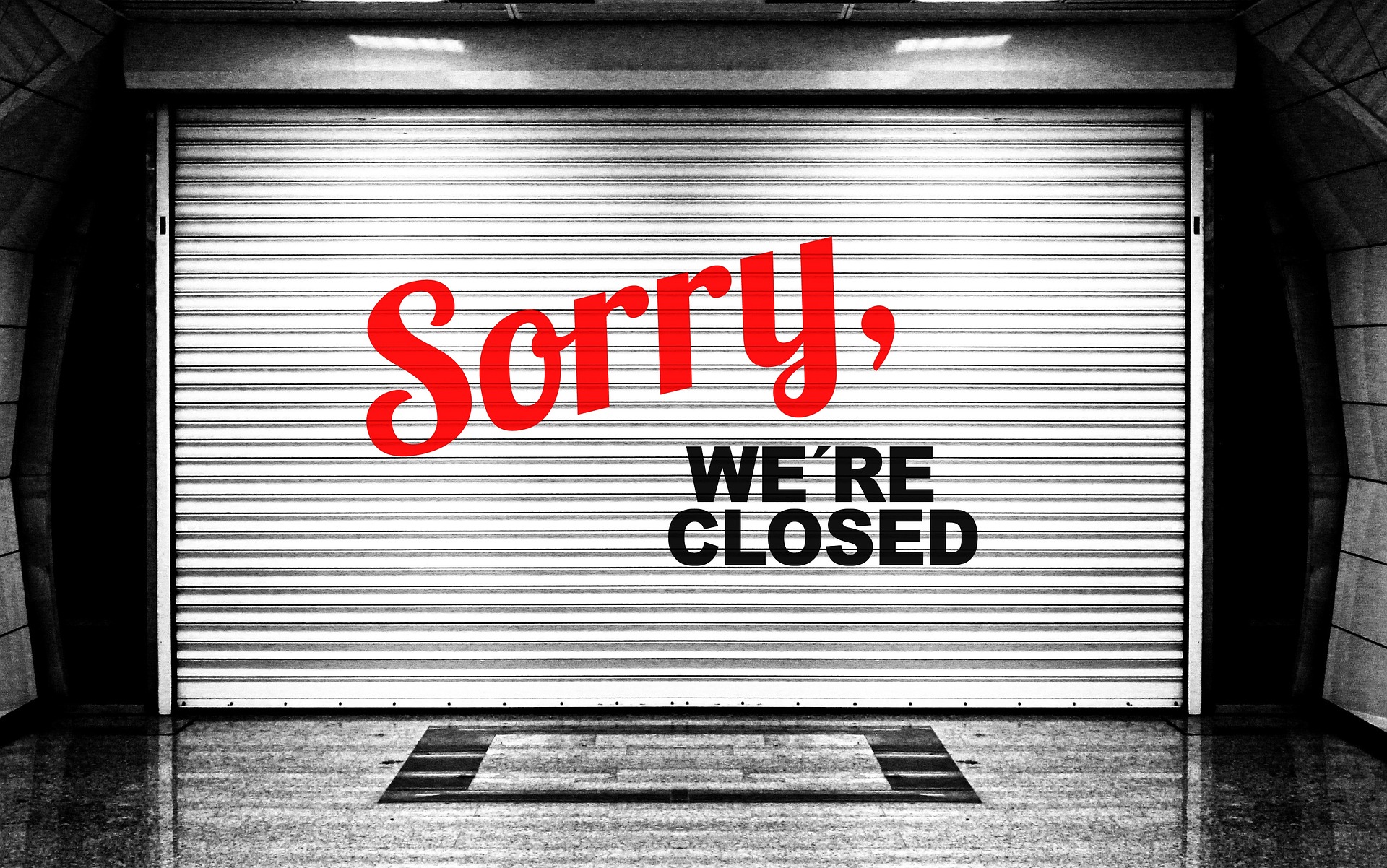GEOFF POULTER has taken a trip into the future and he sees the last rites being applied to the great game of footy:
TODAY is a sad moment in Australian sports history. This morning the AFL officially closed its office doors for the last time with the building prominently displaying a FOR LEASE sign.
The sport, that so dominated the sporting landscape during winter months for almost 200 years, can no longer afford to be played at a professional level. Massive legal costs and pay-outs for post-retirement injuries have been the major reason for the disintegration of the sport. Cost estimations are as high as 100 billion dollars.
The AFL and its clubs have been successfully sued for huge figures in the past few years and the well has finally run dry. It all started out in a test court case on concussions relating to later-in-life dementia/depression and rapidly snowballed from there.
The “me-too” factor trickled right down to casualties at all levels of the game – from the might of AFL power teams Mumbai and Darwin Indigenous All-Stars right down to the third and fourth grade teams in suburban, country and even senior school football – and for all gender competitions. Cynics claimed that some with the slightest headache/concussion/memory lapse seemed to be getting in for their fair chop. And why not?
AFL chairman Adam Goodes and his assistants Majak Daw and Lin Jong expressed their sadness at today’s media conference. “It has been a terrible thing to contemplate but there was no alternative,” the chairman said. Dejected AFL patron Daisy Pearce put on a brave face at the announcement.
Most country and regional Australian Rules teams have already folded or merged in the past 30 years with massive migration to the cities with the demise of productive agriculture and the lack of employment. Urban centre transportation and living conditions, clogged to a standstill, made it too difficult for teams to commute other than to close-by grounds.
As one wag pointed out ever so aptly: it’s clear no planning/infrastructure ‘’geniuses’’ will be included in the nation’s honours list any time soon. It is clear that AFL footy is not the only major casualty of 2048.
The AFL did see this doomsday looming many years back. It had tried to prepare, like the far-sighted NFL in the US, an insurance/medical distribution fund/deal/pay-out for a rainy day to address the issue. But it was too little too late.
Some players, with a deep love of the game, were prepared to take substantially lower amounts in out-of-court arrangements. But the families of others (some not as enamoured with the sport) who did their precise sums on hardship, pain, suffering and health costs were not prepared to do deals – and fully cashed in. Even in 2048 greed is still alive and well and showing no signs of going away.

Once it was established that there was a clear link between head-knocks, concussion and dementia/depression/mental illness in later life the floodgates opened. The AFL tried to stem the tide by, in turn, introducing compulsory helmets (experts were divided on their value). The League also banned bumping, high tackles – and then even any form of tackling. There were harsh tribunal penalties for breaches. But all this achieved was to have a detrimental effect on the popularity of the game.
Fans in the outer, brought up on a diet of hard, tough football and often fuelled by alcohol (also later banned) missed the gladiatorial contests. To them bruise-free footy was an anathema.
As crowd figures dwindled, TV ratings too, this new homogenised version, devised to eliminate head injuries, proved to be a fizzer. Clubs were wound up and replacement clubs didn’t survive for long either. Rugby League had already gone down this legal path and was now a distant memory.
Saturation media coverage of court cases highlighting the frightening publicity of the long-term effects of concussion and head-knocks drove potential juniors away from the sport. Nuclear parents called a halt. Kids gravitated to the more milder forms of combat such as soccer and basketball.
Alas, for the AFL the game was up. Despite drawing on its deep reserves of funds and the dispersal of its assets; solid Government financial backing on all tiers; and the generous support of benevolent football families, the Pratts, the Foxes, the Costas, the McGuires, and the Ayres, eventually the well was empty.
Oh, what a sorry tale!
(TO BE CONTINUED) here in part 2 How footy’s final flings flailed and flopped
Next week your correspondent will look at some of the other highlights and developments during Australian Rules Football’s final 30 years.
GEOFF POULTER, 69, has spent 51 years in sports media. He was the last Melbourne Herald chief football writer. CV: Sports oracle, author, historian, impersonator, raconteur, poet, quiz whiz, philosopher, song-writer, intellectual scholar – and still employable!


Discussion about this post